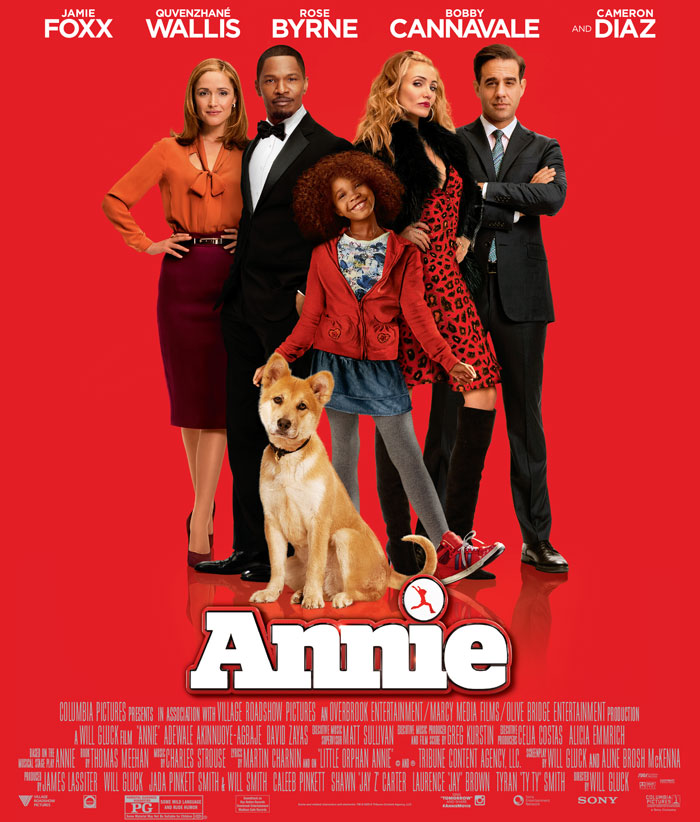I know a great deal of my reading comes from my ďdeath of the authorĒ and refusal to give into the romantic reading but I find it highly intriguing that the film doesnít do that and has those scenes where he expresses a preference for men. It almost strikes me as though the director, George Cukor (noted high profile gay man that would throw lavish gay parties) was wanting to say something about the male/female dynamic that transcends romance/sexual preference and hadnít been portrayed on screen (beard culture, if you will).
Well, it's really death of the
second author here. The problem is that the film (both films, actually) stay faithful to Shaw's play literally up until the last 10 minutes or so.
I do resist the "he's just gay" argument a bit, because I think that this actually would undercut some clear messages about the way that men find it natural to claim ownership over women and also seek to deny them power. Eliza repeatedly says that she wants to have a job and earn a living. Higgins repeatedly positions her as a potential bride.
I also think that there's some not-so-subtle gaslighting happening when she finally stands up to him and his response is to basically go "Yay! You passed the test! Telling me you want to leave me has actually made me want you! You did it!".
To say that he is gay would be to imply that his lack of caring about her feelings and his indifference to her is a result of a lack of sexual attraction. But I see those things as being symptomatic of the very objectifying way that he regards her. I definitely think that there's a lot of subtext (and, um, TEXT) that implies Higgins is gay---the relationship with his mother and absent father, his total disinterest in ANY women in the film in an overtly romantic light, his song about wishing he could marry a dude (sorry, a woman who is
just like a dude).
I think that it makes the most sense to me, overall, if he's gay but also kind of a misogynist. (And the roots of his character, remember, was a man who thought women were so "dirty" that he secluded himself in his home and then built himself a sex statue). I mean, he claims to treat everyone the same, but I can't remember him saying anything insulting to the face of any male character, while he gleefully calls Eliza a hussy, baggage, a squashed cabbage leaf, a pain, etc. There is definitely a sub-set of gay male culture that is pretty hateful toward women, so he can be both, I suppose.
But I agree, thereís many other things wrong with Harrisonís character than any closeted resentment of women/poor people. He seems to have a distinct issue with treating other humans as human. Then again, I usually just chalk that up to wealth and privilege.
But Pickering and Freddy are both wealthy and privileged, and neither of them show Eliza the contempt we see from Pickering. It's partly why his (false) claims of equal treatment fall flat: Pickering is nice to everyone.
Again, I think that this really all stems from having things laid out in the play that get upended when you tack on the happy/ambiguous ending but don't change the groundwork that came before it. It creates rifts in the character arcs of both Eliza and Higgins.











